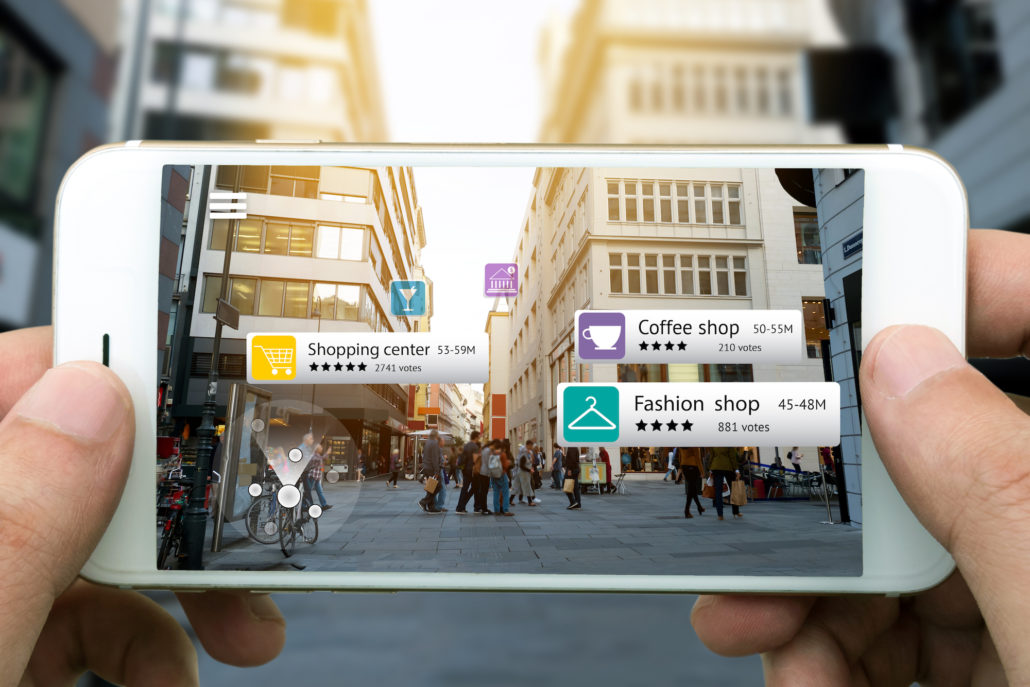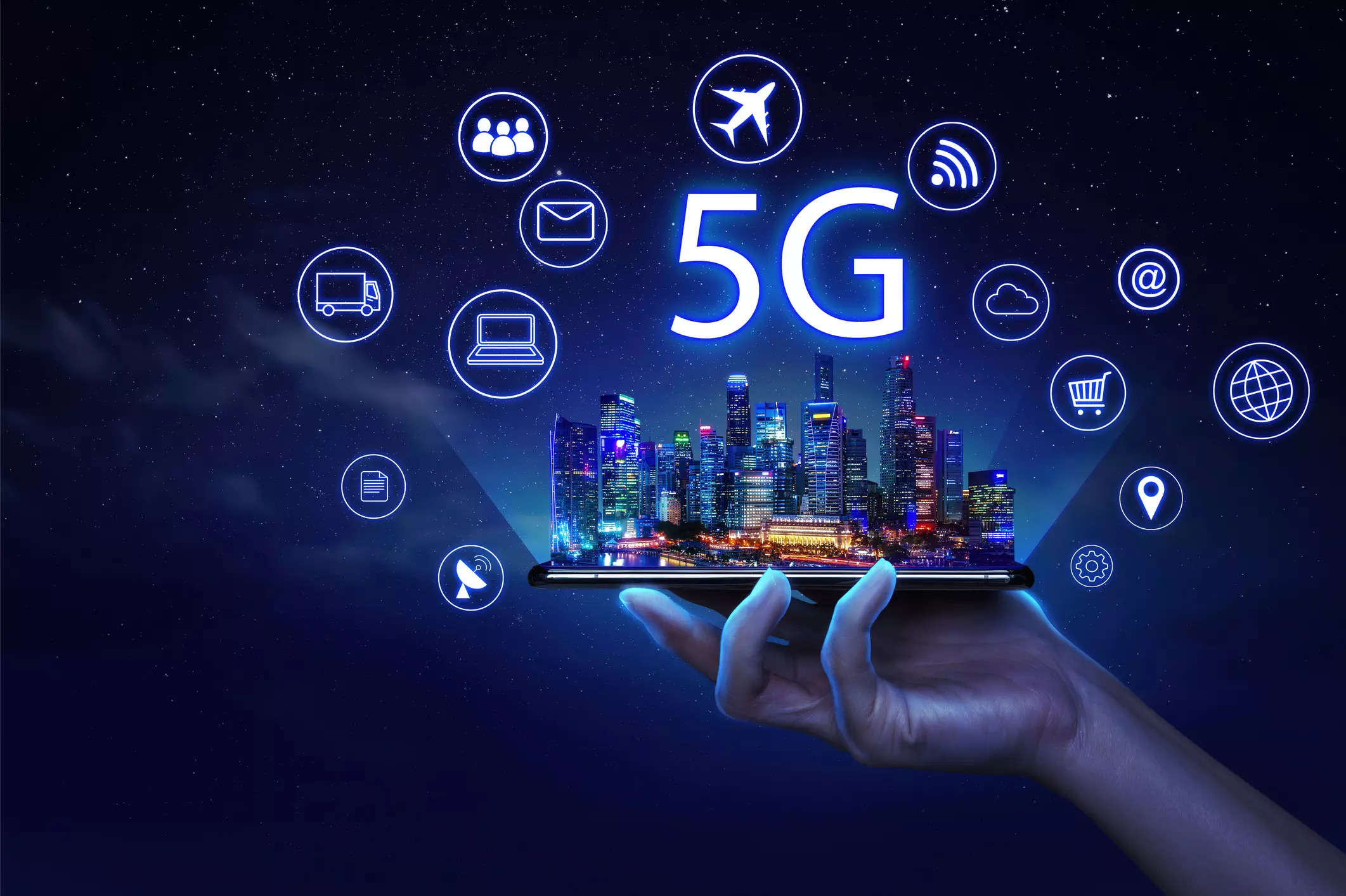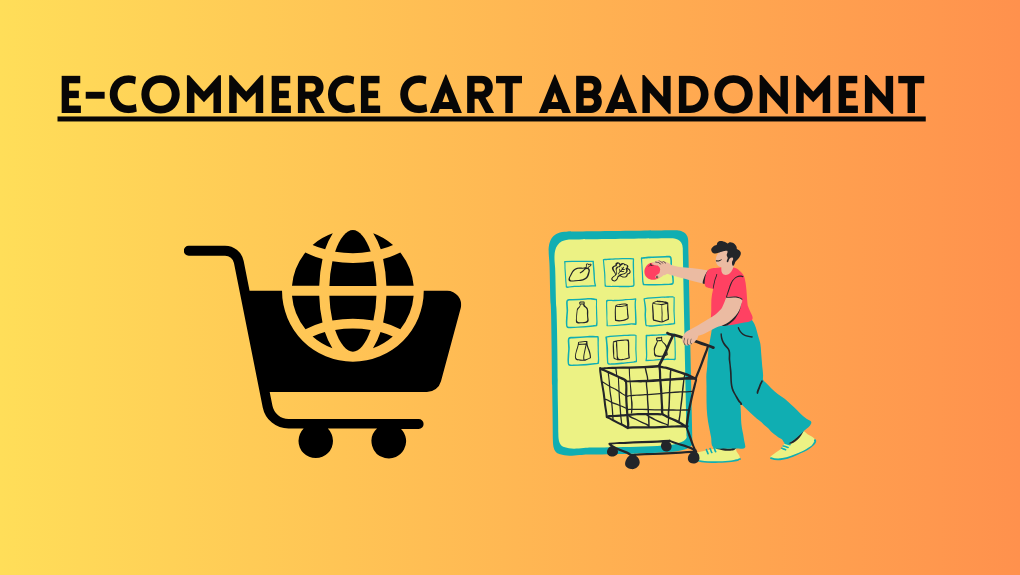E-commerce Trends to Follow in 2024
Change is the only constant when it comes to the digital frontier of e-commerce. As we step into 2024, The trends in online shopping are transforming, backed up by cutting-edge technologies and an ever-evolving tapestry of consumer expectations. The vibrant, dynamic, and innovative landscape offers businesses unprecedented opportunities to redefine how they connect with customers.
As we explore the e-commerce trends to shape 2024, envision a world where networking seamlessly transcends virtual boundaries and the shopping experience becomes a personalized, interactive journey.
These e-commerce trends of 2024 are not mere forecasts; they are the gateways to a more immersive, sustainable, and interconnected shopping experience. So, let's dive in.
AI-Powered Personalization
Artificial Intelligence (AI) is set to revolutionize how we shop online. E-commerce platforms increasingly utilize AI algorithms to analyze user behavior, predict preferences, and offer personalized recommendations.
Imagine a virtual shopping assistant that knows your style understands your preferences, and suggests products tailored just for you. This level of personalized shopping experience is becoming a reality, enhancing customer engagement and boosting conversion rates. Businesses are now integrating AI ecommerce tools to streamline operations, optimize product suggestions, and improve overall customer satisfaction.
Augmented Reality (AR) Shopping Experiences
The line between the virtual and physical shopping experience continues to blur with the integration of Augmented Reality. In 2024, expect more e-commerce platforms to adopt AR to allow customers to try out products before purchasing.
From trying on clothes to placing furniture in your living room virtually, AR is set to transform how we make purchase decisions online, making the experience more interactive and immersive.
Sustainable E-commerce Practices
Environmental consciousness is rising, and consumers increasingly seek sustainable and eco-friendly options. E-commerce businesses are taking note and incorporating sustainable practices into their operations.
From eco-friendly packaging to promoting responsible sourcing, the emphasis on sustainability is not just a trend; it's a fundamental shift in consumer expectations. As we move into 2024, we expect more e-commerce businesses to embrace environmentally friendly practices and transparent supply chains.
Smart Integration of Electronic Business Card
Networking continues to undergo a transformative shift now and then, and at the forefront of this evolution stands the electronic business card—a perfect tool for seamlessly connecting businesses and customers.
Envision a scenario where virtual connections seamlessly transcend the confines of online meetings and effortlessly segue into the exchange of vital e-commerce information. Its role goes beyond mere contact details; it fosters meaningful connections digitally, where the boundaries between virtual interactions and tangible business collaborations blend effortlessly.
Voice Commerce
The era of voice-activated virtual assistants has paved the way for voice commerce. With the increasing popularity of smart speakers and virtual assistants, voice commerce is set to become a significant player in the e-commerce landscape.
Consumers can now use their voices to search for products, place orders, and even receive personalized recommendations. As the technology continues to improve, voice commerce is poised to simplify the shopping experience, making it more convenient for users to purchase using only their voice commands.
Social Commerce on the Rise
Social media platforms are no longer just spaces for connecting with friends and sharing photos. In 2024, social commerce is expected to be a major driving force in the e-commerce industry.
With the integration of shopping features on platforms like Instagram, Facebook, and Pinterest, users can seamlessly discover and purchase products without leaving their favorite social media apps. This trend makes shopping more convenient and leverages the power of social recommendations and influencers to drive sales.
Blockchain for Enhanced Security
Security concerns have always been a priority in e-commerce, and blockchain technology is emerging as a solution to bolster cybersecurity. Blockchain's decentralized and tamper-resistant nature provides a secure foundation for transactions, protecting sensitive customer information and ensuring the integrity of the supply chain.
As cyber threats continue to evolve, expect e-commerce businesses to invest more in blockchain technology to enhance the security of online transactions.
Subscription-Based Models
The subscription-based business model has gained momentum in recent years, and it's not showing any signs of slowing down. From streaming services to monthly product subscriptions, consumers are drawn to the convenience and cost-effectiveness of subscription-based models.
In 2024, we can anticipate e-commerce businesses exploring innovative subscription offerings, providing customers with a steady supply of products tailored to their preferences.
Contactless and Frictionless Payments
The COVID-19 pandemic accelerated the shift towards contactless payments, and this trend is here to stay. E-commerce platforms increasingly integrate seamless and secure payment options to enhance the shopping experience.
From mobile wallets to cryptocurrency, the options for online transactions are diversifying, providing consumers with more choices and flexibility in how they pay for their purchases.
The Rise of NFTs in E-commerce
Non-fungible tokens (NFTs) have taken the art world by storm, but their impact also extends to e-commerce. Brands are exploring the integration of NFTs to create limited-edition digital products or collectibles, adding a new dimension to the online shopping experience.
This trend appeals to collectors and enthusiasts and opens up new avenues for e-commerce businesses to engage with their audience uniquely and creatively.
Integration of 5G Technology
The integration of 5G technology is set to revolutionize the e-commerce landscape in 2024. With faster and more reliable internet connectivity, 5G opens up new possibilities for enhanced user experiences. Implementing 5G will provide users with a smoother and more responsive online shopping experience, from quicker page load times to seamless video streaming for product demonstrations.
E-commerce businesses that harness the power of 5G technology will likely gain a competitive edge in delivering content-rich and immersive shopping experiences to their customers.
Conclusion
As businesses embrace these trends, they're not merely future-proofing; they're actively shaping a future where e-commerce is not just a transactional experience but a dynamic, personalized, and sustainable ecosystem. The journey into 2024 promises a more seamless, enjoyable, and secure online shopping experience for consumers worldwide as the digital marketplace continues to evolve and redefine how we engage with products and brands.
So, here's to the exciting future of e-commerce, where innovation meets consumer needs, sustainability guides practices, and technology creates a landscape of endless possibilities. Happy exploring!












